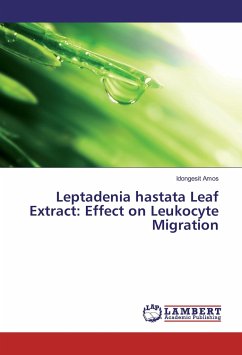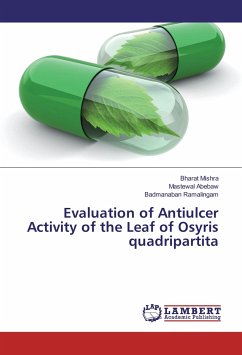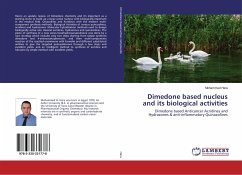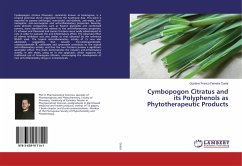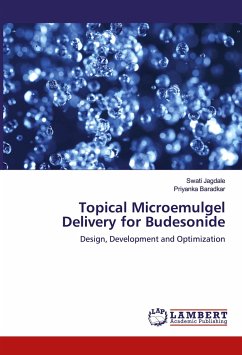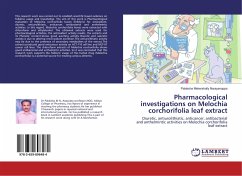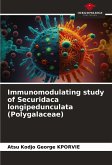Leptadenia hastata (Pers.) Decne is a climbing, latex-containing herb that possesses anti-inflammatory actions and is applied ethnomedicinally in wound healing and treatment of rheumatic symptoms and skin disorders such as furuncles. This encouraged the present preliminary investigation into its effects on leukocyte migration, to serve as a basis for further analysis of the possible molecular and signaling mechanisms underlying its anti-inflammatory action. An understanding of the effects of leaf extracts of Leptadenia hastata on leukocytes, which are normally host to a lot of local soluble mediators of inflammation, can be particularly useful in the discovery of molecular targets for the development of new anti-inflammatory drugs. The present study have shown that the anti-inflammatory action of the Leptadenia hastata leaf could be partly mediated through inhibition of neutrophils. Thus, it may be safe to suggest that Leptadenia hastata leaf inhibits; the release of arachidonic acid from membranes, the expression of complimentary cell adhesion molecules and/or the expression of chemotactic/chemoattractant factors that may be crucial to neutrophil recruitment and transmigration.
Bitte wählen Sie Ihr Anliegen aus.
Rechnungen
Retourenschein anfordern
Bestellstatus
Storno

